In recent years sustainable and environmental have absolutely become a buzzword. You can shop from environmentally friendly brands, eat from locally sourced & sustainable restaurants. Buy products that offset their carbon footprints, or only employ local women!
Well, what about sustainable & ethical tourism? Can an ethical traveler even exist? YES – you can!
Here’s the thing: unlike shopping for sustainable fashion, which really isn’t always sustainable, the tourism industry is very experience-based, so that means you can make your trips ethical and low-impact if you choose to. And it’s not as hard as you think it would be.
In this post, Kara Harms shares 11 ways you can travel more responsibly and ethically.
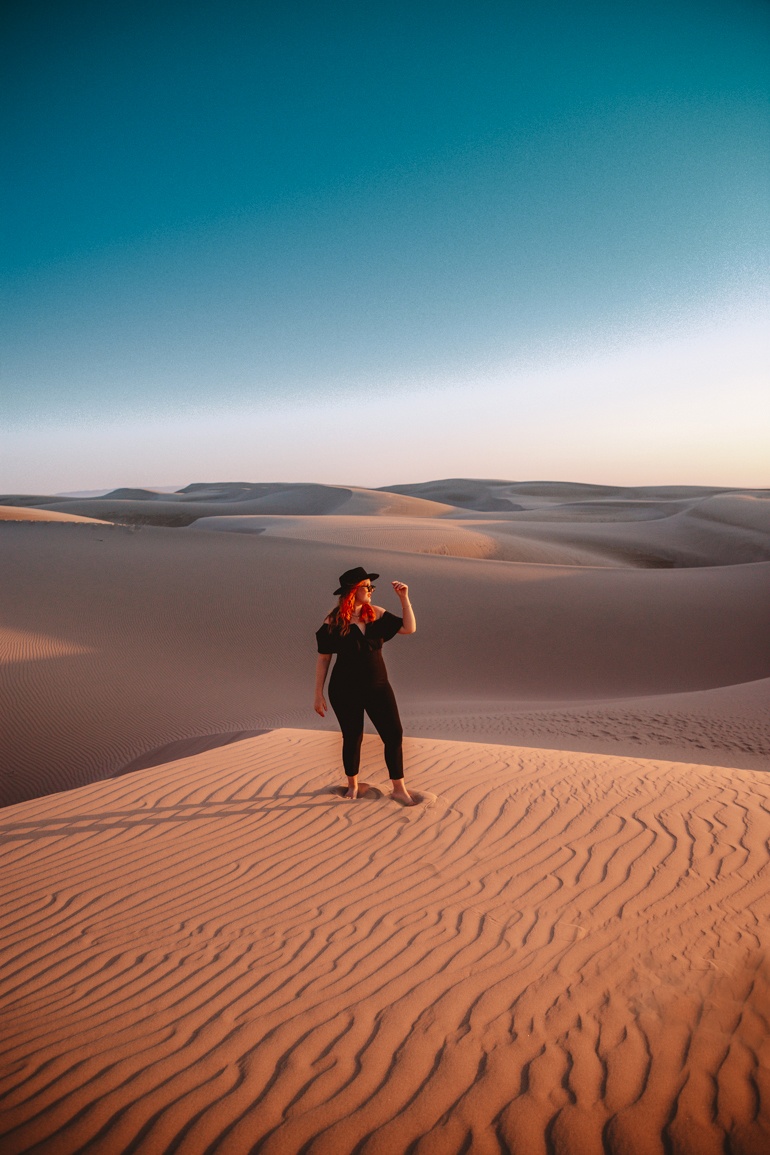
Hey Blondes and Bagel Readers, my name is Kara Harms and I’m the co-founder of lifestyle blog Whimsy Soul. As a frequent traveler and advocate for sustainable living, Kelsey asked me t share some insights on the current travel landscape and how moving forward you can travel responsibly.
We live on an amazing planet, one that keeps surprising me every time I go out to explore it. I live in California right now and I love how diverse this state alone is. We have deserts, cities, mountains, lakes, beaches, forests. Everything.
And I firmly believe that everyone born on this planet has the right to enjoy her beauty. But not everyone has learned how to responsibly travel yet. I wanted a space to cover the basic “dos and don’ts” when it comes to traveling in an ethical way.
WTF Is Ethical Tourism Anyway?
The ethical tourism definition is: a traveler who is fully aware and mindful of how their presence in a community impacts that community (positively or negatively). It is someone who takes efforts to think about ethical practices in their travel and ways to have low-impact while exploring the world.
PS this counts for your own country, too! So many times, people think about travel only as international destinations. And while most of the ethical issues in tourism do arise while travelers are abroad in other countries, it’s important that you are traveling ethically within your own country and state.
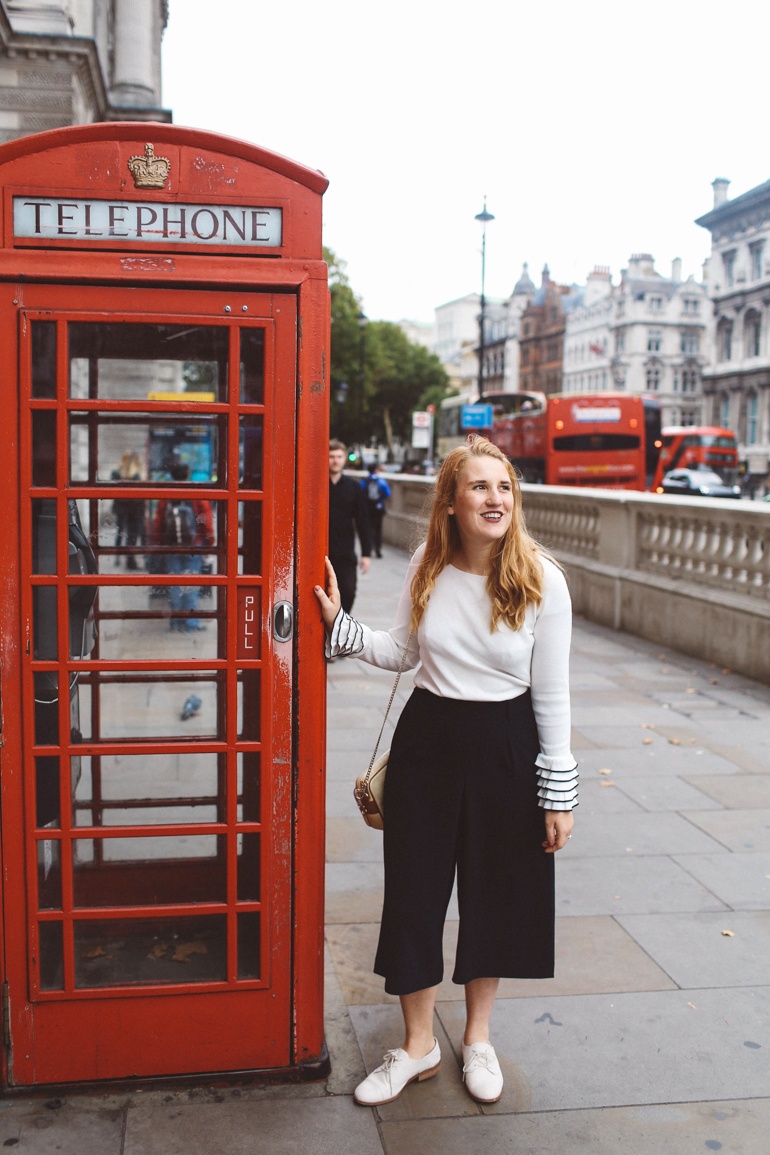
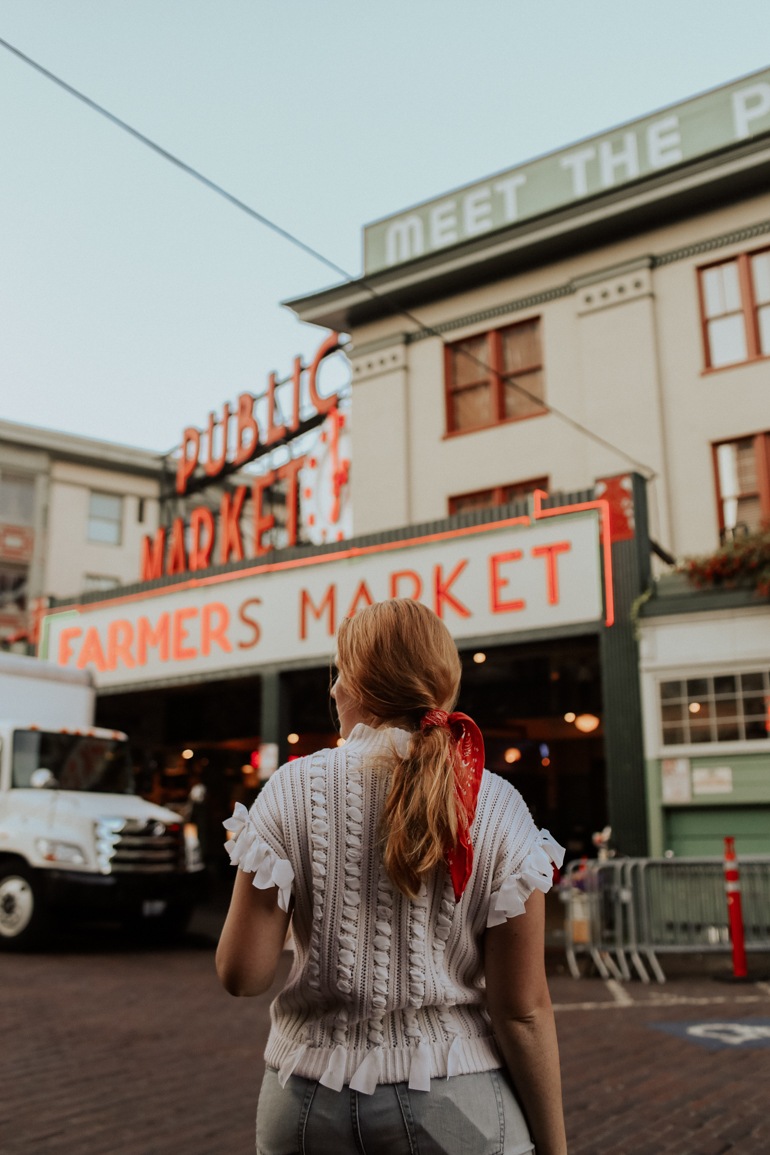
Ethical Tourism: 11 Ways You Can Travel Responsibly
Stay At A Locally Own Hotel Or Guest House
One of the biggest strains in the tourism industry on the local community are massive hotel brands who come in and build these huge resorts. Large hotels can have a history of polluting or destroying local land.
They can also just be dicks about the land. For instance, in Maui, all beaches are public but it’s not-uncommon for large hotels to sort of take over the beach space in front of their property, or make it really feel like the beach is also available for hotel guests. So, staying at large hotels isn’t always the most local-friendly thing to do.
Does that mean you shouldn’t ever stay at a resort or worldwide hotel name? No. I’ve stayed at large-name hotels in the past and I’ll stay at them again in the future. Sometimes a girl is looking to save some coin and the Days Inn is just going to be way more affordable than a local boutique hotel.
But when your budget allows, try to book at a family-owned boutique, a hotel that’s not a chain, or vacation rentals like Airbnbs.
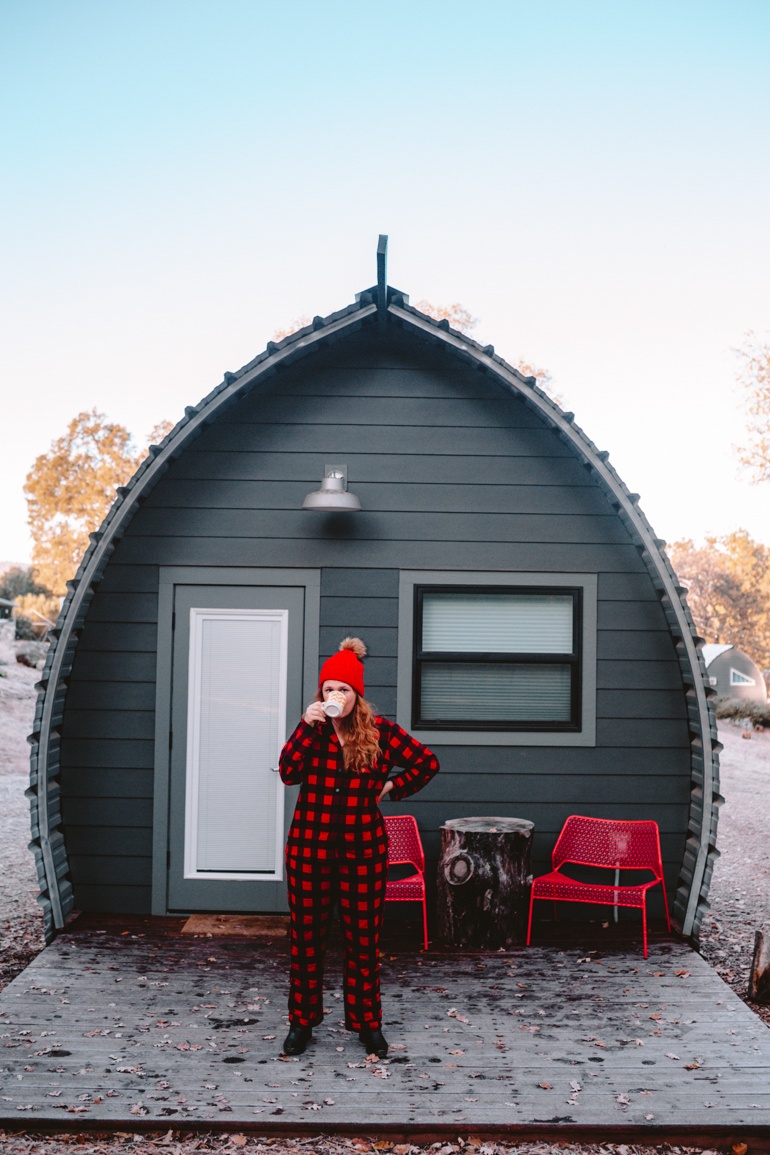

Shop Local For Souvenirs
Skip the hotel gift shop and instead venture into locally-owned shops and stores to buy gifts or souvenirs. Honestly, this is going to be more fun anyway. I love wandering local markets and the experience of bartering over the prices of scarves and jewelry. But most of all, I love knowing my tourism dollars are going into the hands of a local vs a large company.
I’ve also found some of my favorite personal items from local boutiques while traveling. For instance, I went to Austin for my bachelorette party and bought a handmade pink apron from a local store there. I still use that apron every single day while cooking and it makes me think about that trip every time I wear it.
Dine At Locally Own Restaurants & Cafes
I love me a Starbucks don’t get me wrong, but local coffee shops actually need your dollar to survive. Starbucks will be perfectly fine without you for a couple of mornings. Local coffee shops also offer a chance to get to know the culture and try something new.
The same thing goes with restaurants. So many cities are known for their food scene and offer culinary experiences you can’t find anywhere else. IHOP, Dennys, McDonald’s, Applebees – these places are everywhere and aren’t always ethical companies to support regardless.
Remember – as a tourist, where you spend your dollars matters. Choose to spend it within the community as much as possible (vs a large international corporation’s wallet.)
But don’t feel guilty if you can’t afford to eat local every single meal. And sometimes it’s just not possible – I was up in McCloud Falls last summer, a rural Northern California area. Even though it was just 8pm, all the restaurants were closed except for Burger King so we had to eat there for dinner. Don’t beat yourself up if that happens.


Take Tours From Locals
I love me a good walking tour or guided tour. Locals will know the area best and it’s always more valuable to learn about the area from someone who lives there. This also applies to hiring people like private drivers or catering a sailboat for a sunset cruise. The most responsible way to spend your dollars is with a local.
Stay Clear Of Animal-Based Tourism
Wild animals aren’t your playthings or photo op. I’ll admit, this took me a while to learn in life. I think back to a time as a kid that I went to a place I could pet a shark and take photos. Back then I thought it was really cool! Now I look back and realize that poor shark was kept in captivity and manhandled all day for profit.
Elephant riding tours, tiger photo ops, some safaris, etc – all these are examples of unethical animal tourism that you simply should not support. As long as a tourist will be willing to pay for a photo op with a wild animal, there will always be someone that will hunt down these animals to exploit.
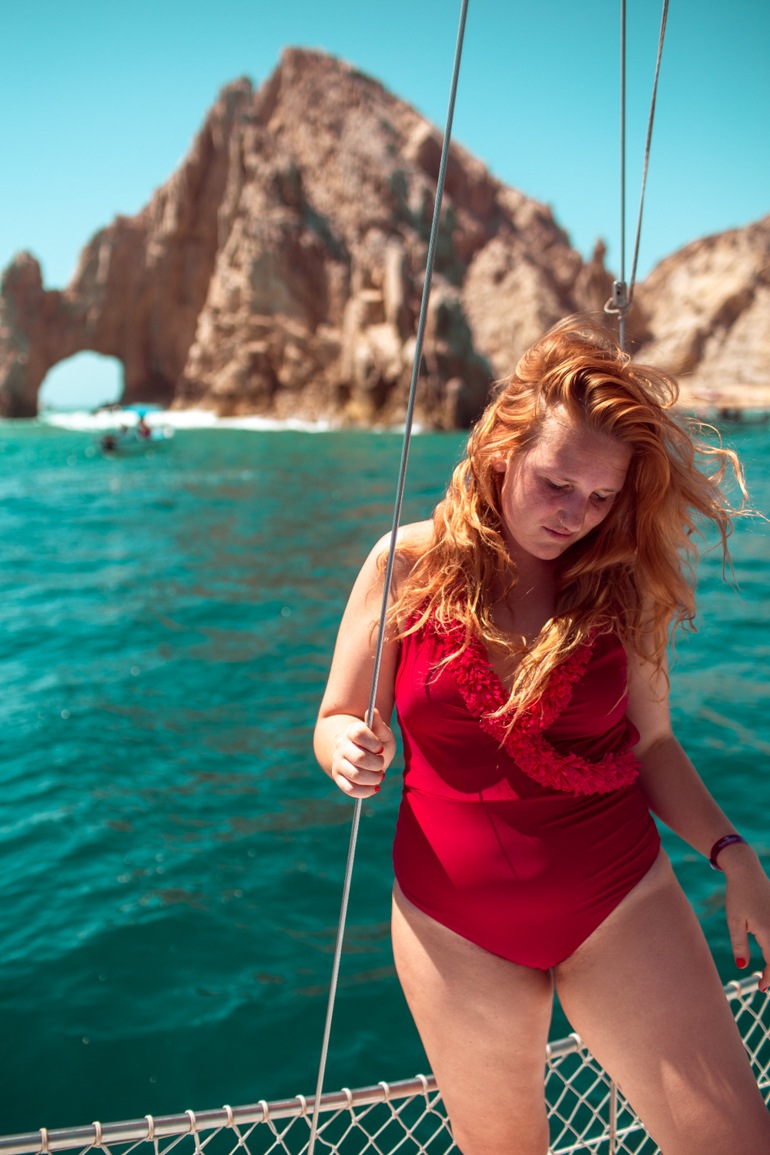
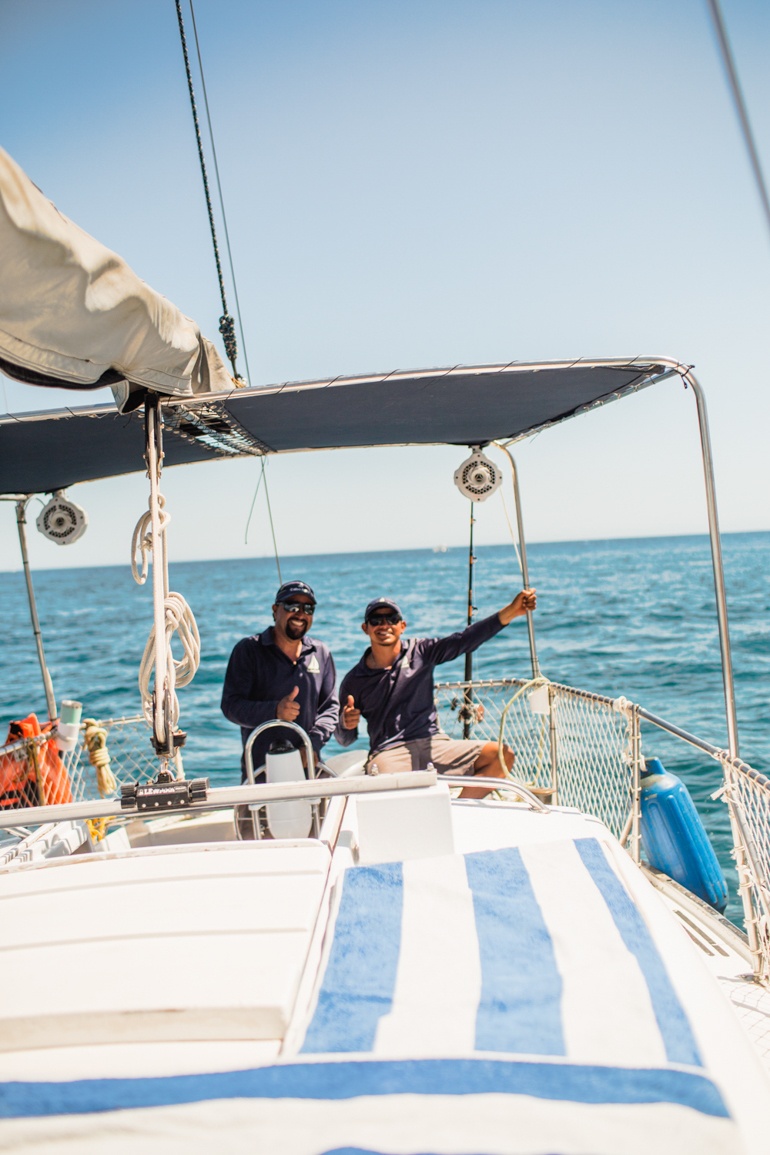
Walk or Take Public Transportation vs Private Taxis
Skip the Uber everywhere and instead explore the destination via foot or local public transportation. This helps cut down on your carbon footprint. And I honestly prefer to travel this way. I find things I never would have found if I was in the back seat of a car.
I also love the challenge of learning how to navigate a new system. Like – New York City subway totally took me a minute to master but it felt really empowering once I did.
Learn The Local Language (At Least A Little!)
Learning a few basic words will go a long way in showing respect for locals. You don’t need to be fluent but learning how to say “Hello” and “Thank You” should be the first thing you do after booking an international trip. Assuming you can go to other countries and they will conform to YOUR language is a form of xenophobia and absolutely not ethical.
But really – you don’t need to be fluent. I’ve traveled all over the world and 9 out of 10 times when I start speaking, the local giggles and starts talking back to me in perfect English. (But they always thank me for trying their native tongue!) I love the app Duolingo for learning some basics and it’s totally free.
Leave No Trace On Hikes & Outdoor Activities
Ethical and sustainable tourism always has to include an environmental aspect. Mother Nature isn’t your trash can. When you are traveling and are hiking, hunting down a swimming hole, spending the day on the beach – whatever, you should always leave no trace.
Your presence in those natural areas will absolutely become a burden if you leave garbage behind. Trash is harmful to the planet, to animals and to future visitors. I personally always travel with a compostable trash bag in my backpack so I always have something to tuck trash in (or to pick up trails if they need a little bit of cleaning!)
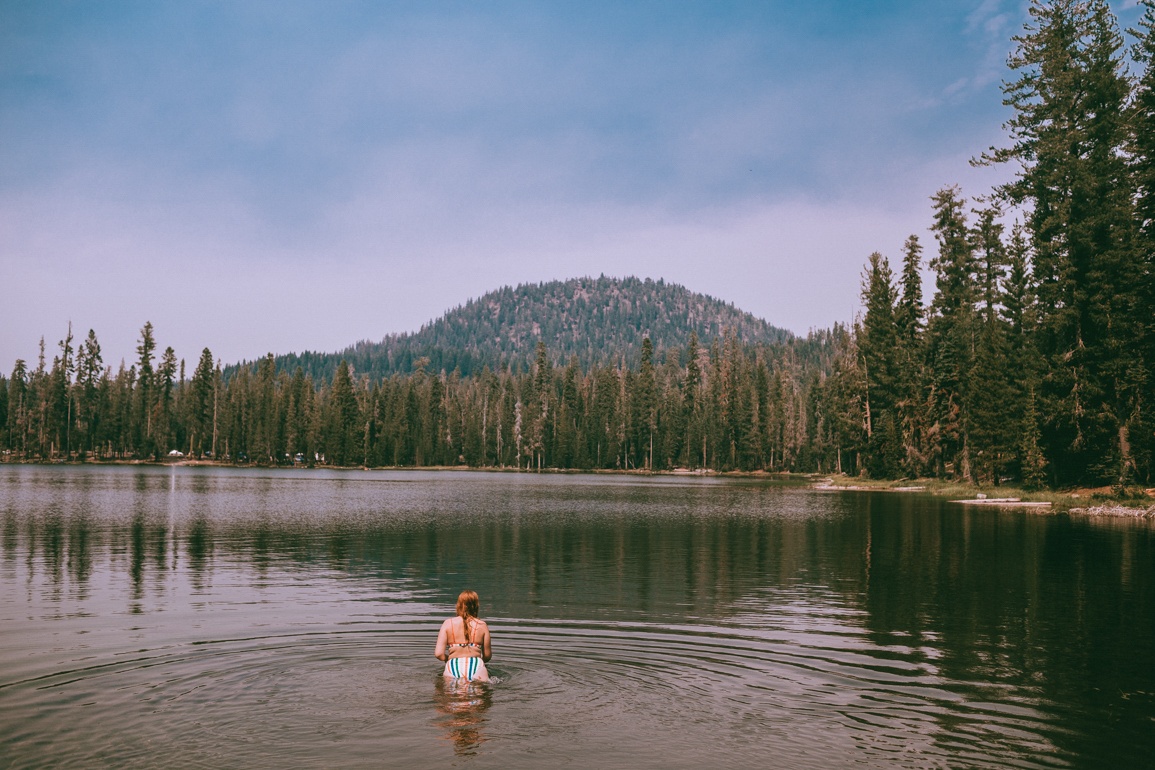
Don’t Take Photos Of Local People
“Poor” local kids in Mexico or Africa or anywhere are NOT photo ops for your white savorism Facebook posts. If you want to take a close-up photo of a local, ask first.
Here’s a story to help you understand why it’s not ok: I studied abroad in a small Mexican town in college and one day, our class went on a hike at a local mountain. I don’t think this area attracts Americans all that often, because there were many locals who were genuinely shocked to see us on the mountain peak. So shocked that they started taking photos of us or even running up to me and taking a selfie and running away.
Now I can laugh about it, but at the moment it made me feel really uncomfortable. It’s invasive and I didn’t like not knowing where those photos were being posted. I also wanted to enjoy the mountain in peace without a little swarm of strange staring at me or taking photos of me.
And at that moment I realized I have totally been an offender of this exact situation in the past when I was younger and I promised to be better in the future.
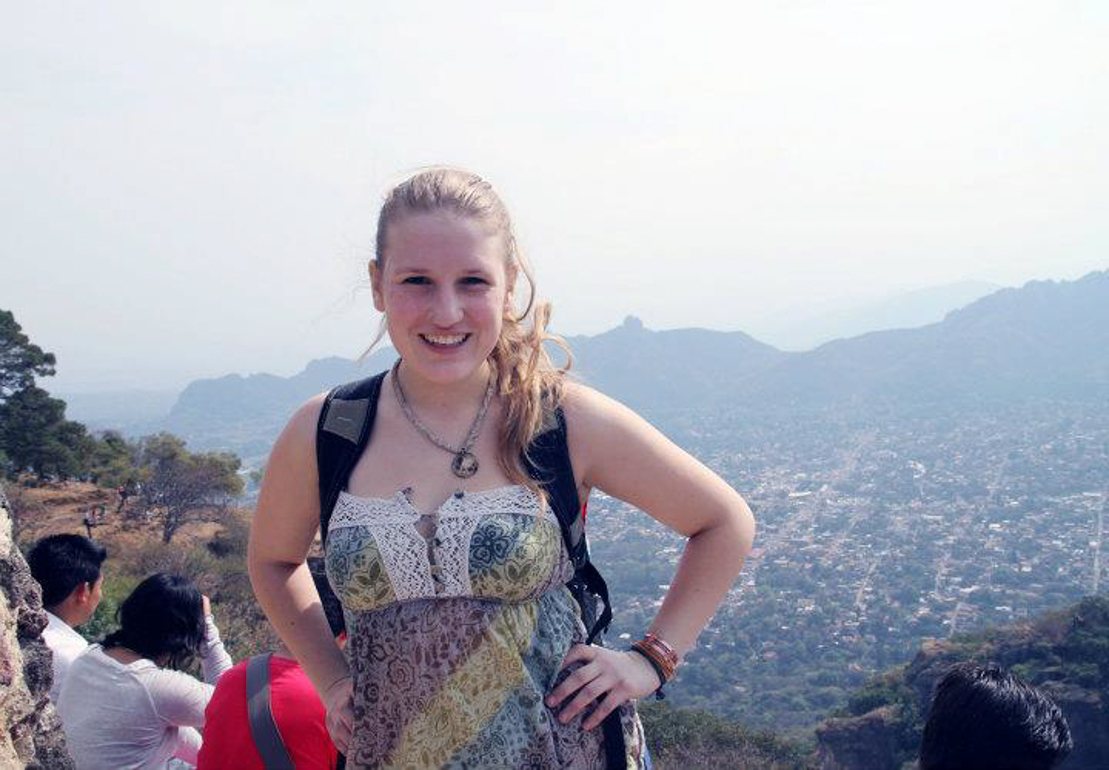
Understand If The Country Or State Actually Wants You Right Now
Sometimes a country is going through a massive human rights issue, or a political protest or an environmental crisis and just can’t handle visitors at the moment. This also applies to states or even nearby cities.
For example last year here in California we had SO many wildfires pop up that our entire state at one point was just covered in a layer of smoke.You would think that would drive out-of-state tourists away but no.
There were still tourists trying to visit places like Sequoia National Park but they ended up blocking roadways for emergency response vehicles and firetrucks, on top of putting a strain on local front line workers who had to risk their lung health by showing up to work.
Before traveling somewhere – and yes, even domestically – do a quick google search on what’s happening over there and if there are any local travel warnings. Postpone your visit if your presence is going to be a burden vs welcomed.
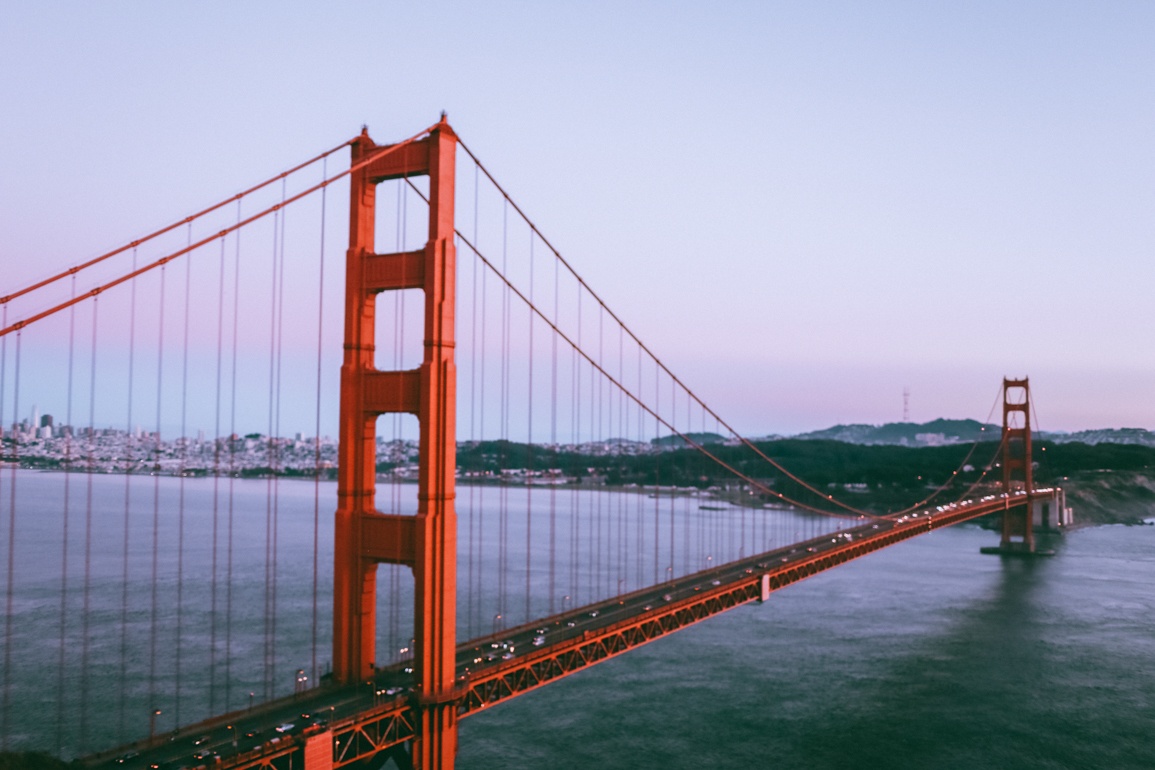
Don’t Be An Asshole
At the end of the day, focus on being a nice, considerate human. I mean – always try to be a nice human, but especially when you are traveling. No matter where you live – whether it’s a big city like Scottsdale or a small town like Auburn, you hate tourists. You do!! I know because I also get annoyed by tourist here in San Francisco sometimes.
Tourists cause traffic, they aren’t always respectful to the parks. They can be loud or rude to locals. They don’t always understand the local culture and that frustrated you, doesn’t it? Whenever you leave your town for a trip, you are becoming a tourist for someone else. So think about how much tourists bother YOU in YOUR town and understand that if you’re an asshole, YOU are bothering someone in THEIR town.
Ethical Tourism Bhutan Case Study
Not a tip, but there’s a cool case study around ethical tourism that I want to share. Bhutan is a tiny country between China and India. It’s still very much stuck in time (in a wonderful way.) There are no traffic lights here. Monasteries are everywhere, tobacco is illegal and there’s a strong focus on preserving nature and traditional culture.
When the annual amount of tourists started increasing, a noticeable burden on the land and locals was apparent. Instead of cutting off all tourism, the country decided instead to impose a daily tourist tax of $200 United States Dollars. This tax helped curb the number of tourists flocking to the country so only the people who really want to come to experience the culture visit. Yes, it absolutely excludes some well-meaning lower-income travelers but overall, this tax helps to filter out the “chronic checklist” travelers vs the people who are maybe willing to travel Bhutan in a more ethical way.
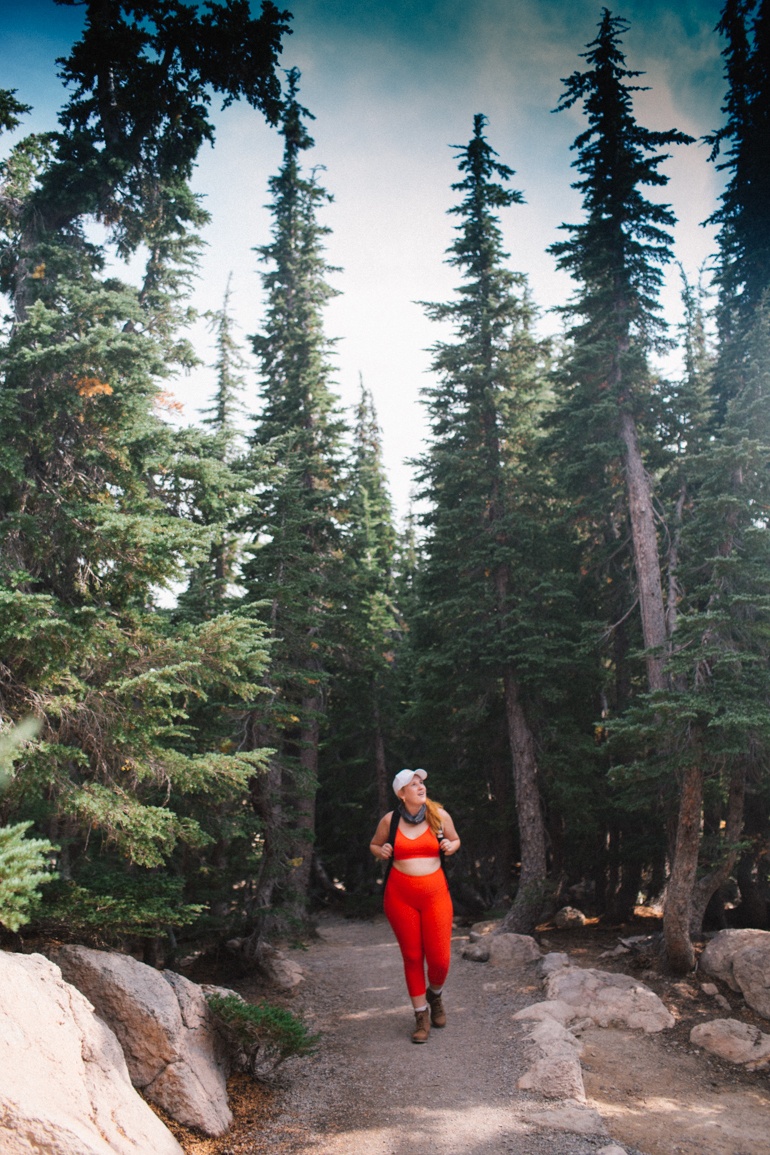
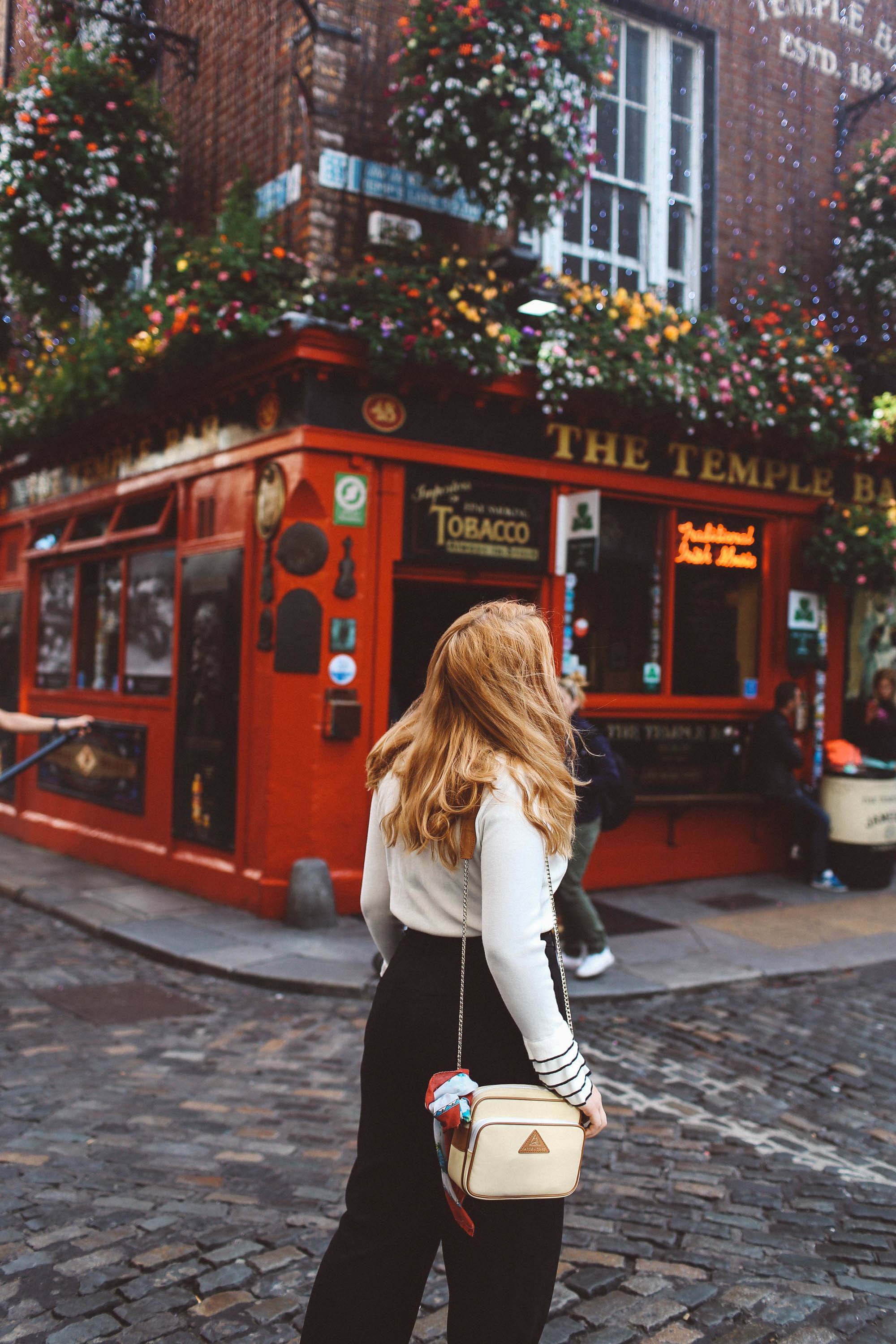
At the end of the day, it’s OK if you can’t check everything off this list on all your travels. Don’t feel guilty if you can’t afford that locally owned boutique hotel, or you just feel safer taking taxis versus the bus. The importance of ethical tourism is to understand thoroughly how your presence impacts the destination you are visiting and try your best to offset any negative impacts as much as possible.
If every traveler adopted even just one new ethical practice, the tourism industry as a whole will improve for the better.
